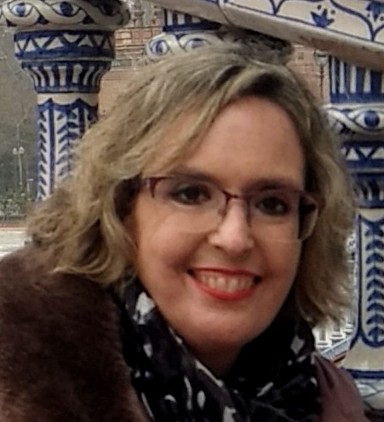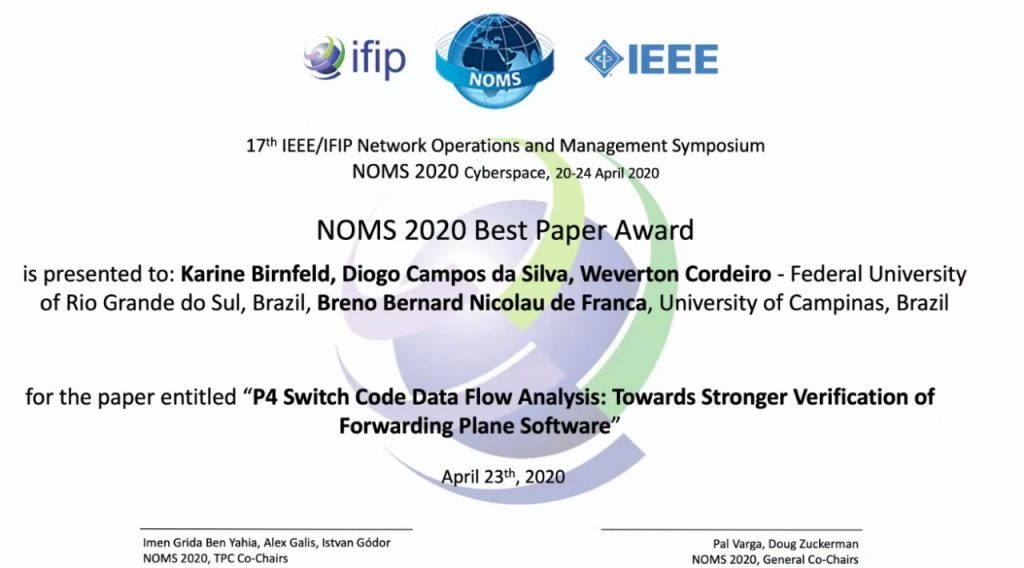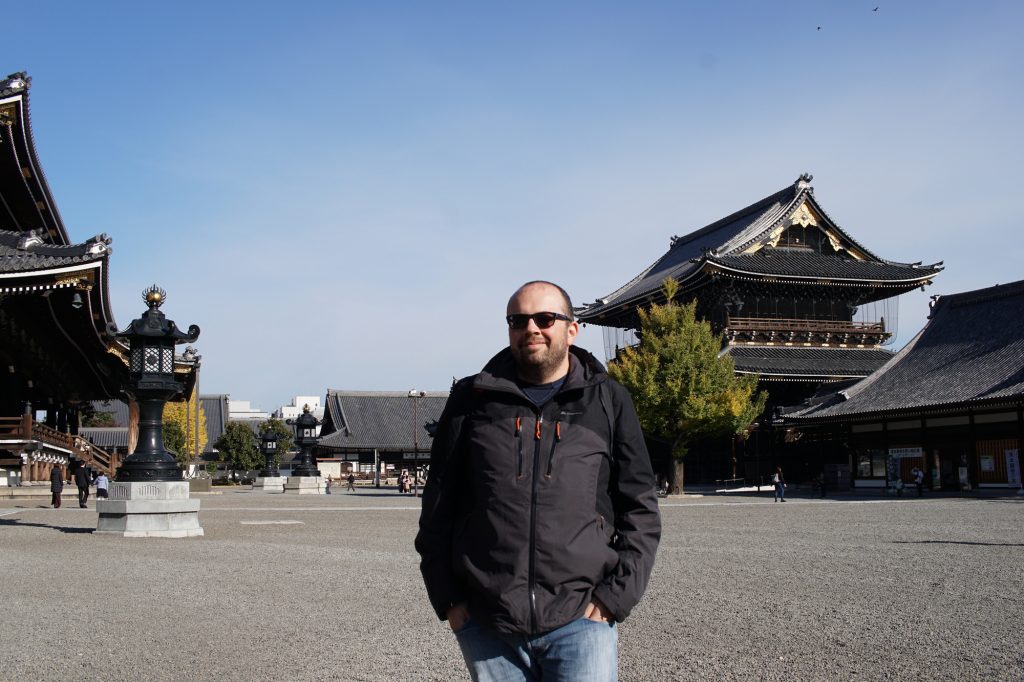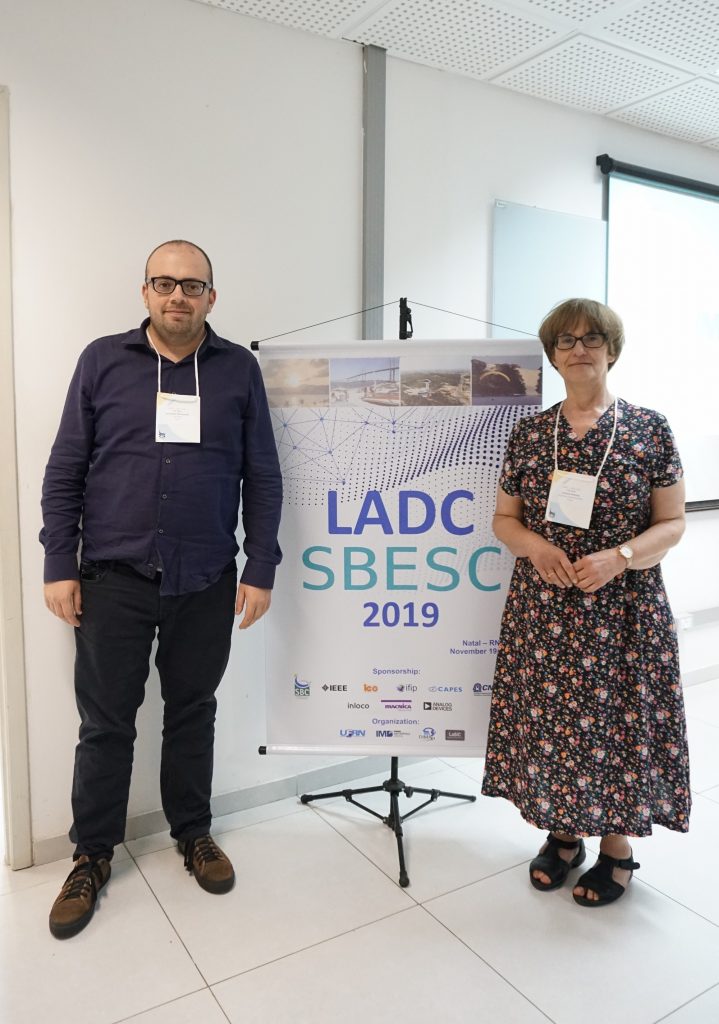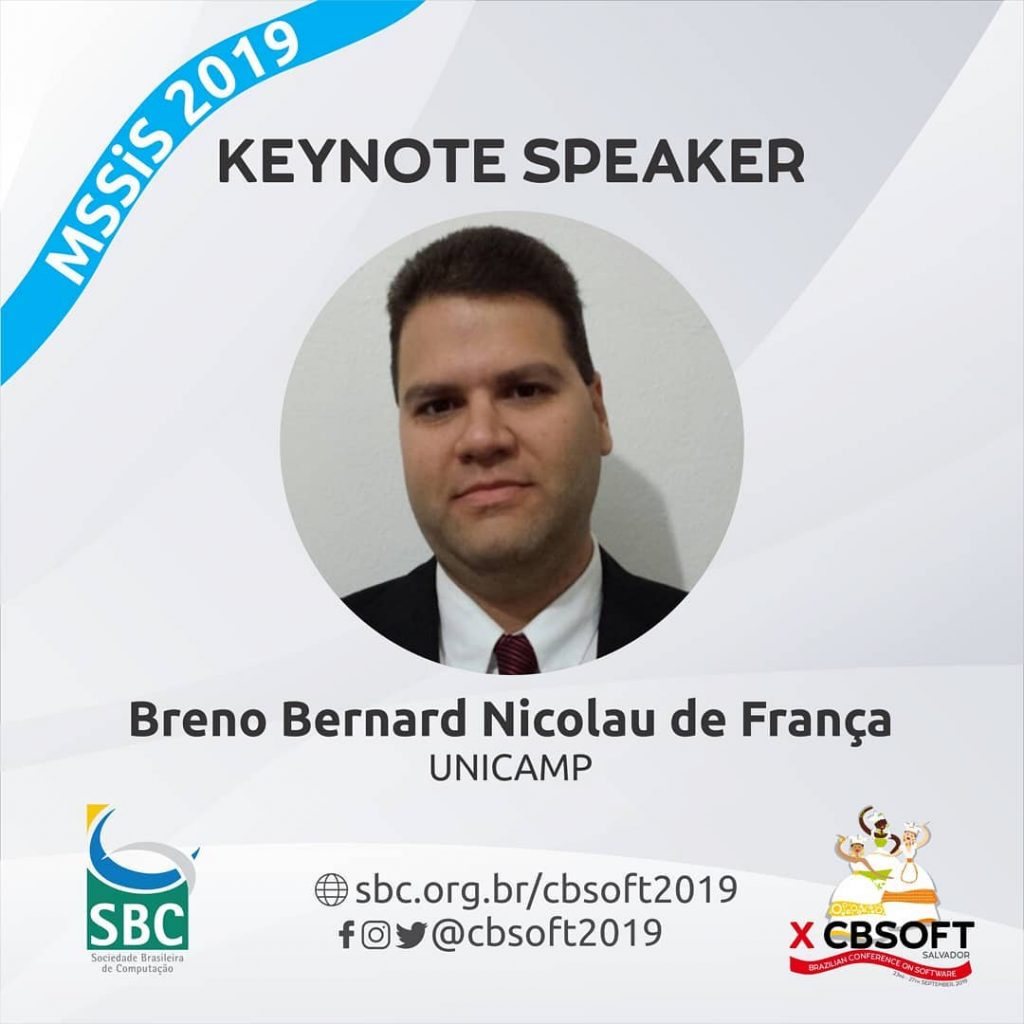This year, LASER members have four papers accepted in CBSoft 2020!
CBSoft is the greatest Brazilian conference on software engineering and will be entirely virtual this year due to the coronavirus pandemic.
Accepted works focus on three areas of interest in the laboratory: software architecture, continuous software engineering, and adaptive systems.
SBCARS 2020:
- Jorge Luiz Machado da Silva, Breno de França, Cecilia Rubira. Generating Trustworthiness Adaptation Plans Based on Quality Models for Cloud Platforms
- Daniel Apolinário, Breno de França. Towards a method for monitoring the coupling evolution of microservice-based architectures
SBES 2020 – Innovative Ideas and Emerging Results:
- Jorge Luiz Machado da Silva, Breno de França, Cecilia Rubira. Generating Adaptation Plans Based on QualityModels for Cloud Platforms
SBES 2020 – Tools:
- Gabriel Augusto Destro, Breno de França. Mining Software Repositories for the Characterization of Continuous Integration and Delivery
Congratulations for the authors!


